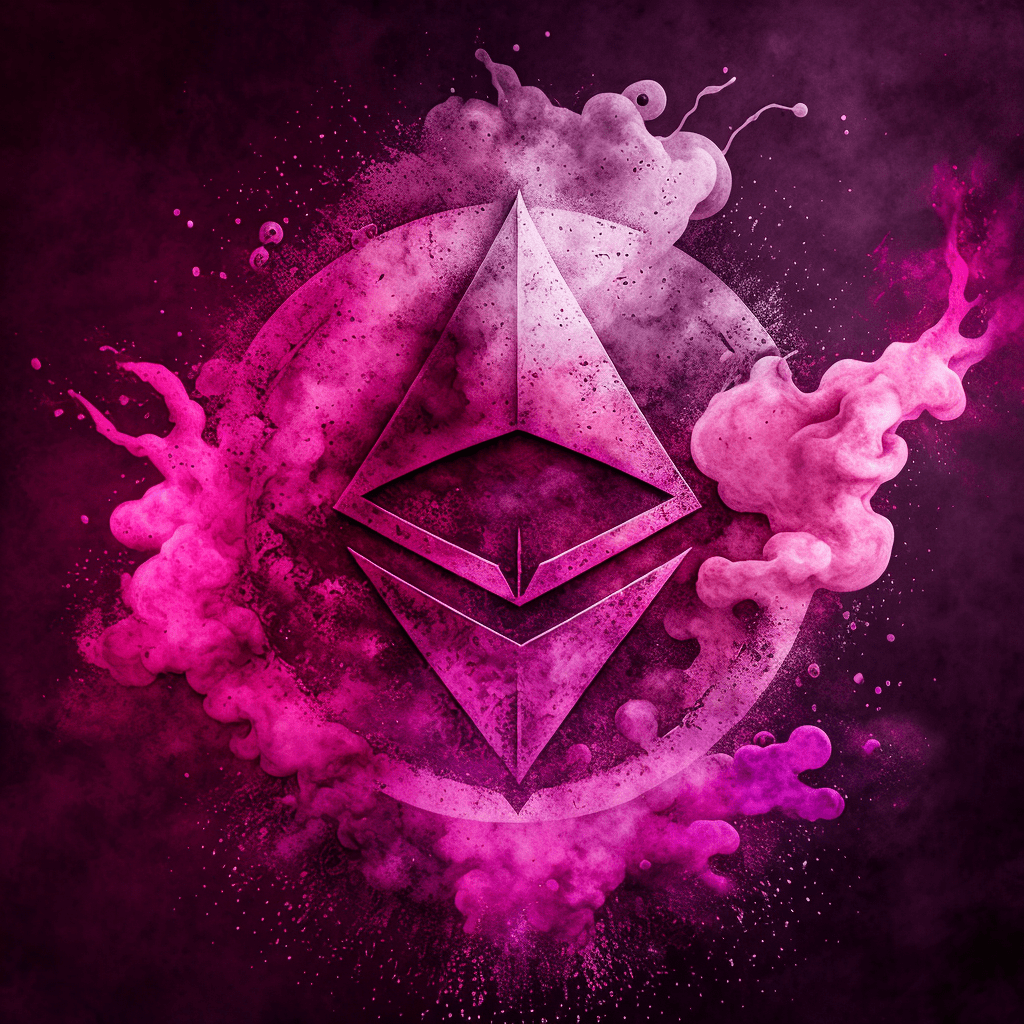
The booming market of non-fungible tokens (NFTs) has attracted creators and collectors alike, drawn by the potential for unique digital assets to fetch impressive prices. However, one significant factor that can impact the overall cost of creating and trading NFTs is the gas fees associated with transactions on blockchain networks. This article will explore the impact of gas fees on NFT creation costs, factors affecting gas fees, and potential ways to mitigate these expenses.
Understanding Gas Fees
Gas fees are transaction costs required for executing operations on blockchain networks, such as Ethereum, which is the most popular platform for creating and trading NFTs. Gas fees are paid to miners or validators, who process and validate transactions on the network. These fees are denominated in the network’s native cryptocurrency, such as Ether (ETH) for Ethereum.
The amount of gas required for a transaction depends on its complexity, with more complex transactions requiring more gas. When creating an NFT, the process typically involves minting the token, transferring it, and interacting with smart contracts, all of which consume gas.
Factors Affecting Gas Fees
Gas fees can fluctuate due to various factors, some of which include:
- Network congestion: High demand for processing transactions on the network can lead to increased competition for limited block space, resulting in higher gas fees. As more people create, buy, and sell NFTs, network congestion can become a significant factor affecting the cost of NFT creation.
- Gas price: The gas price, measured in Gwei (a unit of Ether), is the amount users are willing to pay per unit of gas for their transactions. Users can set their gas prices, but higher prices are more likely to be processed faster, as miners prioritize transactions with higher fees.
- Complexity of the transaction: As mentioned earlier, more complex transactions require more gas, increasing the overall cost. For example, interacting with multiple smart contracts or creating NFTs with multiple attributes can result in higher gas fees.
How Gas Fees Impact NFT Creation Costs
High gas fees can have several implications on NFT creation costs:
- Increased cost of minting: When an NFT is created, it is “minted” on the blockchain, which consumes gas. The higher the gas fees, the more expensive it becomes to mint an NFT. This can impact creators, especially those with limited budgets or smaller-scale projects.
- Barrier to entry: High gas fees can deter new creators from entering the NFT space, as the initial costs might be too steep. This can limit innovation and diversity in the NFT ecosystem.
- Trading costs: High gas fees don’t just impact NFT creation; they also affect trading. Buying, selling, and transferring NFTs all require gas, which can lead to increased costs for collectors and traders, potentially dampening demand and affecting the overall value of NFTs.
Mitigating the Impact of Gas Fees

There are several strategies creators and collectors can employ to mitigate the impact of gas fees on NFT creation costs:
- Layer-2 solutions: Layer-2 solutions, such as Polygon and Immutable X, are built on top of the Ethereum network and offer lower gas fees and faster transactions. By leveraging these solutions, creators can reduce their NFT creation costs.
- Off-peak transactions: Gas fees tend to be lower during off-peak hours when there is less network congestion. Creators can schedule their minting and trading activities during these times to save on gas fees.
- Alternative blockchains: While Ethereum is the most popular platform for NFTs, alternative blockchains such as Binance Smart Chain, Flow, and Tezos also support NFT creation and offer lower gas fees and potentially faster transaction times. Exploring these options can help creators find a more cost-effective platform for their NFT projects.
- Optimizing smart contracts: Efficiently designed smart contracts can reduce the amount of gas needed for NFT creation and interaction. Working with experienced developers to optimize smart contracts can help lower gas fees.
- Gas fee tokens: Some projects, like Ethereum Gas Station Network (GSN), offer tokens that can be used to cover gas fees. Using these tokens can help creators and collectors offset the costs of high gas fees.
- Bundling transactions: Another way to mitigate gas fees is by bundling multiple transactions together. This can be particularly useful for NFT projects with multiple minting or trading events. By combining transactions, creators can save on gas fees while maintaining a smooth user experience.
Future Developments in Gas Fees

As the NFT market continues to grow and evolve, so too do the solutions aimed at addressing gas fees. The Ethereum network is undergoing a significant upgrade known as Ethereum 2.0, which aims to improve the network’s scalability and reduce gas fees. This upgrade involves transitioning from a Proof of Work (PoW) consensus mechanism to a Proof of Stake (PoS) model, which is expected to lower gas fees and improve transaction throughput.
Other blockchain networks and Layer-2 solutions are also constantly evolving to offer more efficient, cost-effective options for NFT creators and collectors. As these solutions become more widely adopted, gas fees may become less of a barrier in the NFT space.
Wrapping Up
Gas fees play a significant role in the overall cost of creating and trading NFTs. As the market grows and network congestion increases, gas fees can become a considerable factor that creators and collectors must contend with. By understanding the factors affecting gas fees and employing strategies to mitigate their impact, creators can ensure they’re not priced out of the NFT market. Additionally, ongoing developments in blockchain technology and Layer-2 solutions promise to address gas fee challenges and create a more accessible ecosystem for NFT enthusiasts.